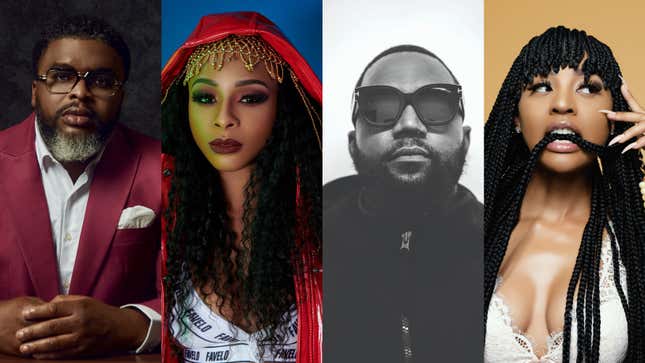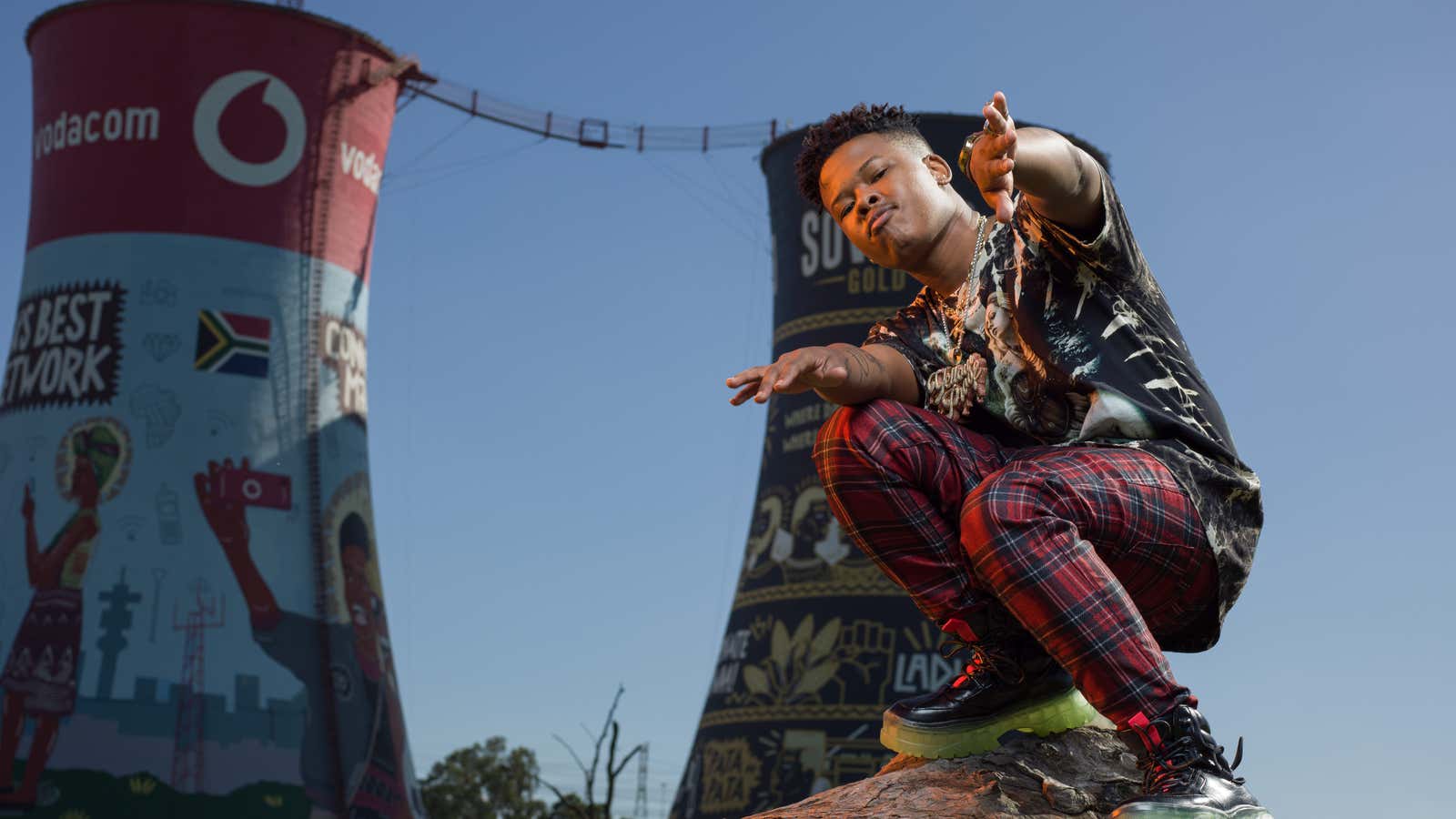One of the well-known clichés of the music business is the tension between record labels and their artists. That’s sometimes because while the few successful artists get all the glory, few labels are ever recognized as anything other than a corporate entity. This is even more so in the streaming age.
But a few labels captured the artistic spirit or zeitgeist of their time, names like Detroit’s Motown or Jamaica’s Studio One come readily to mind. Another, of course, was New York’s Def Jam, whose co-founders Russell Simmons and Rick Rubin helped launch modern hip hop to the world in the early 1980s with genre-defining artists including Run DMC, LL Cool J and the Beastie Boys.
While Def Jam has long since evolved into a major multinational label brand far from its early days in a dorm at New York University’s Weinstein Hall, it still stays close to its hip hop roots and is now taking that to Johannesburg and Lagos, under the auspices of its parent company Universal Music Group. UMG has been expanding its base across Africa for the last couple of years.
The new Def Jam Africa label doesn’t have a standalone label head yet, but will be on the search for one. For now, Sipho Dlamini, UMG Sub Saharan Africa/South Africa chief will oversee it and build A&R (artists & repertoire), marketing and promotions teams.

The label announced a flagship roster of artists including established hip hop acts Cassper Nyovest, Nasty C, Nadia Nakai and Boity (South Africa) and Nigerian Afrobeats act Larry Gaaga.
“Def Jam has also been a mark of quality in hip-hop and so it was a natural fit,” says Dlamini.”Whilst it looks to Def Jam’s historical blueprint for artist development, cultural impact and hopefully global success, the Def Jam Africa identity and sound will come from Africa.”
Def Jam Africa is the first of UMG’s flagship labels to exist as a standalone label in Africa as everything before now had been released under the “UMG Africa” banner, according to Dlamini. “This way, you have a team that is solely working these artists, so that they understand the DNA of the label, and the importance of developing a quality and authenticity of sound, that has a focused roster of talent that reflects those values.”
The sound of urban African youth, best captured by Nigeria/Ghana’s Afrobeats and South Africa’s gqom/House have found their way into the mainstream of global pop charts and radio with artists including Nigeria’s Davido and WizKid and South Africa’s Black Coffee and Distruction Boyz.
🎧 For more intel on Africa’s music scene, listen to the Quartz Obsession podcast episode on Afrobeats. Or subscribe via: Apple Podcasts | Spotify | Google | Stitcher.
In many African markets outside South Africa, the music business has an abundance of talent and thousands of independent labels and artist managers, but not the formal distribution and legal infrastructure, which underpins the $50 billion global industry across recording music, publishing, TV/film and live performances.
Universal, Sony Music and more recently Warner Music Group are each looking to build organically as well as strategic partnerships alongside their respective A&R efforts to establish a more formal music business imprint that plugs local music industries more seamlessly into the global ecosystem.
Sign up to the Quartz Africa Weekly Brief here for news and analysis on African business, tech and innovation in your inbox
